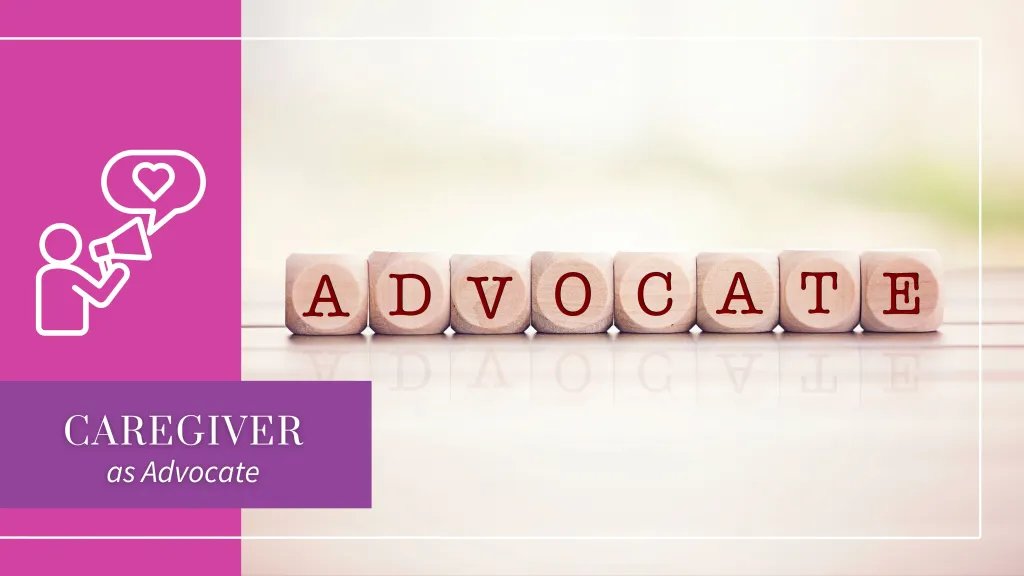Caregiver as Advocate
November 26, 2024
As National Family Caregiver Month and Thanksgiving coincide, Sisters’ Hope Foundation wants to take the opportunity to acknowledge and thank the phenomenal caregivers in the ALSP community. We know the necessity and importance of a loving and committed caregiver in the lives of our patients, and we are blessed to have such caregivers in our community.
Caregivers wear many hats, some of which we have highlighted this month. Today, we want to focus on an often overlooked hat the caregiver must wear – Caregiver as Advocate. Perhaps it is overlooked because this is the hat that a caregiver wears at all times. We often view advocacy in the very narrow sense, thinking of the times we must fight to be heard and for appropriate care on behalf of the patient. However, I think the role of advocate is much broader and far more encompassing. An advocate is one who helps, comforts, and intercedes for another.
When we view advocacy through this lens, we can easily see that the caregiver is always an advocate. In everything they do, they are helping, comforting, or interceding on behalf of their loved one.
Caregivers help others understand ALSP. They educate family members, doctors, researchers, and secondary caregivers. Caregivers help the patient in the most basic and necessary ways – bathing them, feeding them, dressing them,etc. – the humble things of life.
Caregivers comfort their loved one by lifting spirits when they’re down and making sure the patient knows they are loved each day. Caregivers often comfort family members and friends as they grieve the decline of the patient. Caregivers even comfort other caregivers by connecting over shared experiences, offering advice, understanding, and a safe place to process the harsh realities of caregiving.
Caregivers intercede. They do this daily in many and varying ways. They are the voice of the patient who can no longer speak for themselves. Caregivers communicate the patient’s needs to their doctors, nurses, and therapists—so that they receive the care they require for their health as well as their quality of life. They ask about the possibility of off-label treatments that may provide benefit to the patient. They navigate the complexities of insurance policies. If the patient must enter a care facility, a caregiver evaluates facilities to find one which will accept the patient, take the time to learn about and understand the disease, and provide the compassionate care the patient requires and deserves.
Caregivers also intercede on behalf of the patient with researchers by communicating and illustrating the patient experience, which provides researchers with necessary disease understanding.
Caregivers also intercede on behalf of patients with legislators. This can range from bringing awareness of ALSP to the wider community by submitting resolutions or proclamations to working with legislators to craft bills that allow doctors, pharmaceutical companies, and care facilities the flexibility that rare-disease care and treatments often require.
Caregivers are advocates – helping, comforting, and interceding – because they love the patient, and they hope for a day without ALSP.
As we look forward to Thanksgiving and round out National Family Caregiver Month, let’s all take the time to thank, honor, support, and lift up those caregivers in our lives who tirelessly help, comfort, and intercede for their loved one.

